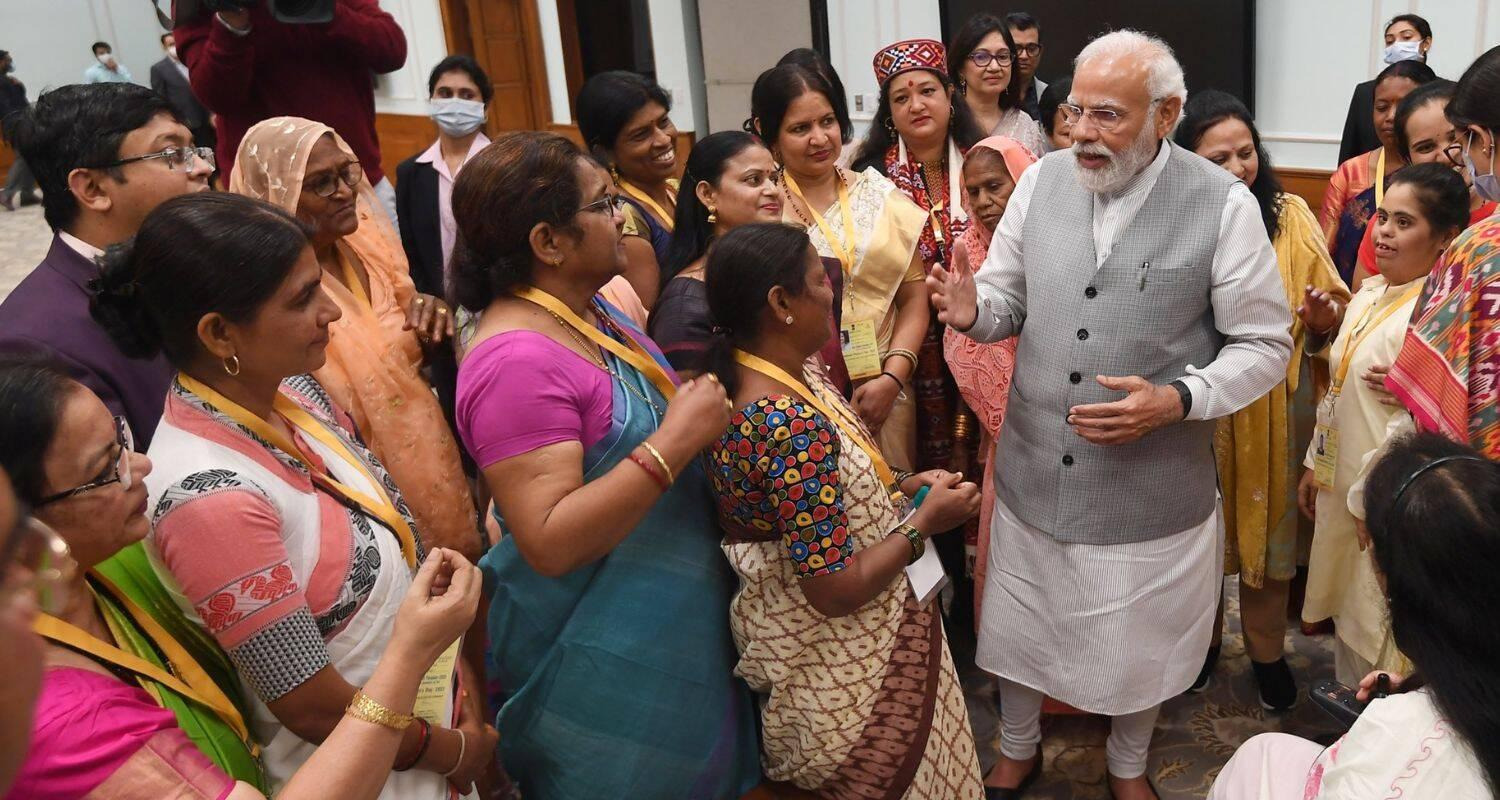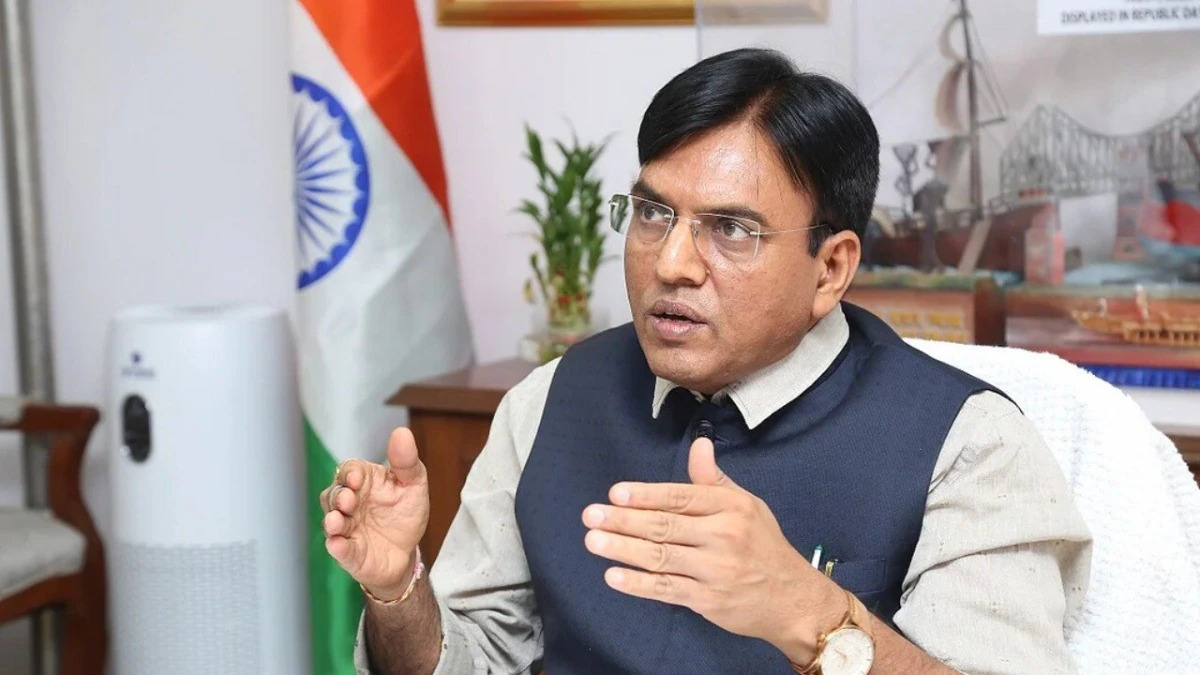In a landmark legislative move, President Droupadi Murmu has officially given her assent to the Online Gaming Bill, 2025, transforming it into law. The legislation, which received widespread support across political parties and from public safety advocates, is set to drastically reshape India’s digital gaming landscape. Its core provision is the outright ban on all online money-based games, introducing severe penalties for platforms, advertisers, and financiers involved in such operations.
The new law is a direct response to growing concerns over the social and financial harm caused by online gambling and high-risk gaming. The government highlighted that the online gaming sector, while a significant part of the digital economy, has led to a number of serious consequences, including widespread addiction, massive financial losses, and even suicides. Official figures cited a staggering impact on over 45 crore people, with total losses exceeding ₹20,000 crore.
This legislation is aimed at promoting a safer and more responsible digital gaming environment, with a specific focus on protecting the country’s youth. The government’s policy now prioritizes skill-based social games and competitive esports, which are viewed as beneficial and a positive form of digital engagement. By distinguishing between different types of gaming, the law seeks to foster a healthy gaming ecosystem while curbing the predatory practices associated with money-based games.
The urgency for this bill was underscored by tragic real-life incidents. A specific case from Dharashiv, Maharashtra, was brought to attention, where a man, buried in debt from online gaming, resorted to poisoning his family before taking his own life. Such cases have fueled public and governmental calls for stronger regulation to prevent similar tragedies.
The Online Gaming Bill, 2025, is designed to close existing legal loopholes and establish a robust regulatory framework. It aims to hold all stakeholders in the digital gaming ecosystem accountable for their actions. The penalties are expected to be stringent, serving as a powerful deterrent against illegal online gaming operations.
The new law represents a significant step forward in ensuring a more secure digital future for India. It signals a strong commitment from the government to prioritize public welfare over unregulated digital economic growth. The focus now shifts to the implementation of the law and the development of specific rules and guidelines to ensure a smooth transition away from the money-based gaming model. This historic legislation is expected to have a profound and lasting impact on how online gaming is perceived and regulated in the country, fostering a new era of safe and responsible digital entertainment.





